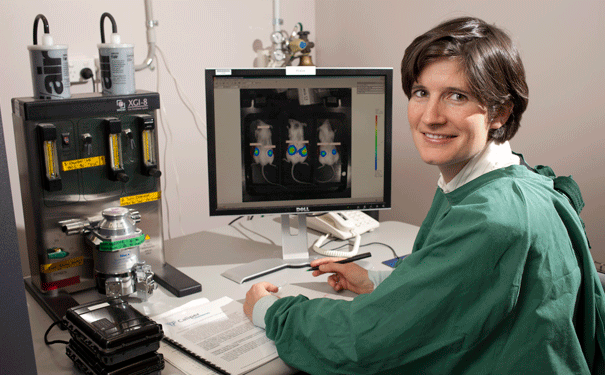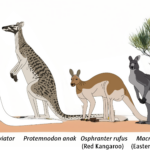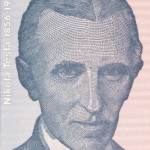
Marie-Liesse Asselin-Labat, The Walter & Eliza Hall Institute of Medical Research, Melbourne. Photo credit: Sam D’Agostino, SDP Photo
Dr Marie-Liesse Asselin-Labat has won the inaugural Centenary Institute Lawrence Creative Prize for her research into breast stem cells.
The Centenary Institute Lawrence Creative Prize is a new initiative that aims to promote medical research and recognise talented young researchers in Australia. Yesterday it was awarded to Walter and Eliza Hall Institute (WEHI) researcher Dr Asselin-Labat for her discovery of the cellular link between female hormones and the development of breast cancer.
She was a member of the WEHI research team that discovered breast stem cells in mice, which are believed to play an important role in the development of some breast cancers. This research included the discovery of the cellular link between these stem cells and female hormones.
“We were surprised to find that, although the breast stem cells did not have receptors for the hormones oestrogen and progesterone, they were still exquisitely sensitive to their effects,” Asselin-Labat said. “It helped to explain the decades of evidence linking sustained exposure to oestrogen and progesterone and increased risk of breast cancer.”
The study also explained how the stem cells develop into the variety of cells found in a normal breast, and that some of these cells are more likely to develop into aggressive cancer cells. “Breast stem cells are critical to normal breast development, but if the breast becomes cancerous the stem cells are likely to be contributing to the problem.”
She has also identified drugs that exploit pathways integral to this process. These drugs are now in clinical trials and will be used as a means of treating breast cancer that has spread to the patient’s bones, as well as maintaining bone strength.
Asselin-Labat was one of 33 early careers scientists who applied from around Australia. She received the $25,000 prize yesterday at a ceremony in Sydney.
“When I looked at the shortlisted candidates, I was very impressed by their achievements and I feel very privileged to be part of such a vibrant scientific community in Australia.”
“The scientific judging panel has been astounded at the quality of the applications. Marie-Liesse Asselin-Labat is a worthy winner of the inaugural prize,” Professor Mathew Vadas, the Centenary Institute Executive Director, said.
The other finalists were Greg Neely from the Garvan Institute in Sydney for his studies into genes that cause pain and that make us more susceptible to heart attacks; and Marc Pellegrini from WEHI for his discoveries about the immune system, which are being applied to clinical trials of cancer vaccines and treatments for HIV and hepatitis.
Source: Science in Public






